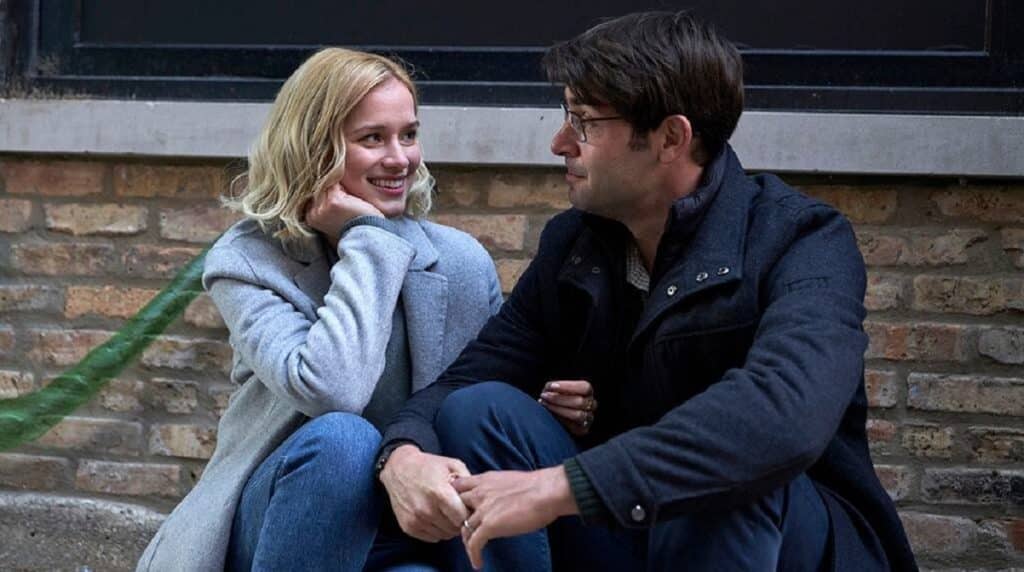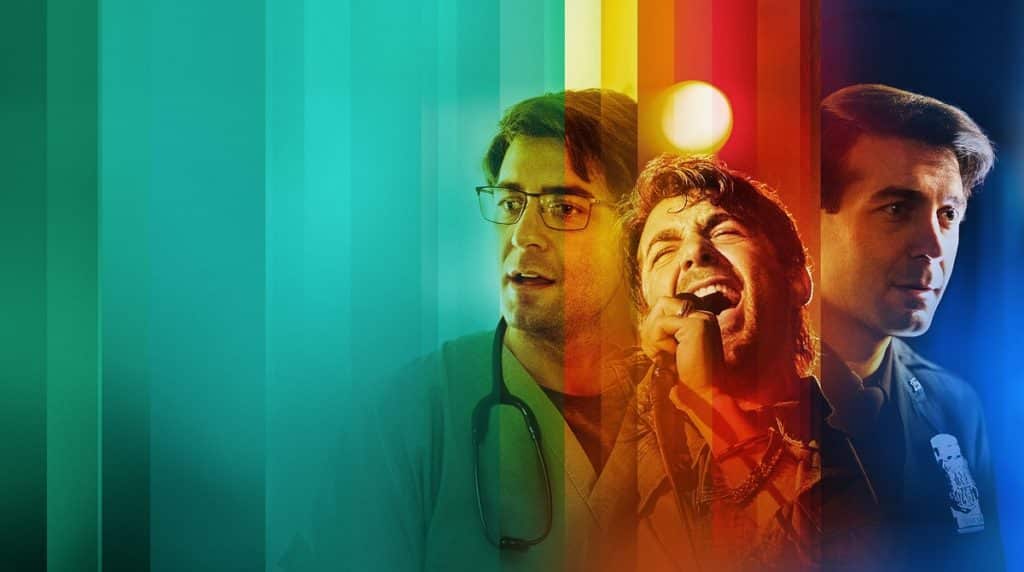Read also:
How to Watch FX Live Without CableHow To Watch AMC Without CableHow to Watch ABC Without CableHow to Watch Paramount Network Without CableNBC’s latest drama goes down easy despite some significant flaws.
For many, present company included, tales of alternate realities contain an undeniable hook to them. As people, after all, we start with so many choices to make, so many avenues to pursue. Sometimes, no matter how happy you might be, one can’t help but ponder how things could be different. What if you attended that other school? What if you went on that one blind date? Those questions sit at the center of NBC’s newest offering, Ordinary Joe.
Unlike, say, What If…?, Ordinary Joe is not wrestling with an infinite range of possibilities. Instead, the series is more like the highly enjoyable late-90’s film Sliding Doors. However, in this case, it isn’t a closing door that splinters time and space but rather a choice of three paths.
Ordinary Joe literalizes the choices facing Joe Kimbreau (James Wolk) by placing the character at a three-pronged crossroad. Suppose he goes down one sidewalk and has a post-graduation dinner with his family, including uncle Frank (David Warshofsky). In that case, Joe will end up following in his 9/11 hero father’s footsteps and become a cop. Path the second leads to his best friend/friend with benefits Jenny Banks (Elizabeth Lail) and a future as an ER nurse.

The final route means getting to know Amy Kindelán (Natalie Martinez) better and a career as a rock star. These choices, of course, bring other changes to Joe’s life as well, but the show should get to hold onto some surprises. All three timelines pick up ten years later as Joe’s 10-year college reunion—which happens in New York City despite him and his friends being Syracuse grad—fast approaches.
We don’t just see the changes for Joe either. In some realities, his best friend, Eric Payne (Charlie Barnett, no stranger to time travel shenanigans), runs a successful restaurant. In others, he’s a divorcé hoping his friendship with Joe will draw attention away from the difficulties of his personal life. Ordinary Joe also reflects how Joe’s choices alter the lives of Amy and Jenny too.
Given that Joe is the main character, it makes sense that we’d see changes in the world through his eyes. Still, it does lead to some awkward optics the more you consider it. This one man’s choices change not just the course of his life, but the lives of two women as well? This white guy’s life path also ripples out to alter the life direction of two people of color? That’s not what the show means to convey, certainly, but it is a hard thing to stop seeing once you notice it the first time.
Another aspect that becomes hard to ignore after you first ponder it is why Joe’s three options must be so distinctly separate from one another. Sometimes you have to meet a show at its central conceit, but still. How hard would it have been to give Amy his number, eat dinner with his family, and meet Jenny at her beach house later that night? Unlike other multiverse-style stories like The Family Man or Peggy Sue Got Married (or other movies without Nicolas Cage in the cast), Ordinary Joe never convincingly makes the case that Joe had to choose one or the other (or the other).
[James] Wolk’s effortless charisma becomes an undeniable asset.
These issues only arise when one puts plenty of thought into the material, though. While watching the show, it’s easy to fall into its rhythms and enjoy the pleasant journey and its occasional twists, turns, and moments of intrigue. In addition, Wolk’s effortless charisma becomes an undeniable asset. Not only does he sell rocker Joe, nurse Joe, and cop Joe in equal measure, but his charm does wonders for convincing the viewer to go along for the ride.
The supporting cast is similarly well-equipped to make you forget the aspects of the show that don’t quite work. Barnett, in particular, deserves singling out as Eric is the only character with anywhere near as many differences as Joe from timeline to timeline.
The actors can thank the script by writers Garrett Lerner and Russel, too. While none of the dialogue will likely knock you over, it has a relaxed, lived-in feel. When Eric and Joe talk, they feel like old friends. When Jenny and Joe reconnect in one timeline, you can feel the awkwardness mixed with half-remembered comfort.

Ordinary Joe also has a relatively strong sense of its aesthetics. In addition to director Adam Davidson giving the series a good sense of place and motion, the show has elected to tint each alternate reality: green for the nurse line, blue for the cop line, and a hue of orange for the rock star. While other factors like hairstyle tend to make each dimension recognizably distinct, it feels like a smart choice. Presumably, not every time we move between worlds will be as noticeable as in the first episode. But, more importantly, it is well-done. Each tint is noticeable without being distracting, and the saturation never becomes sickeningly too much.
Ordinary Joe’s start feels like a flawed but promising start. There remains a possibility that future episodes can deepen our understanding of the characters around Joe to make them more three-dimensional than mere NPCs in his life. The positives, on the other hand, seem unlikely to go away. For instance, I doubt Wolk will somehow become less charming over the course of the season.
Thus, while not without reservation, it seems like a good call to make this the timeline where you give Ordinary Joe a watch.
Ordinary Joe premieres on NBC September 20th.